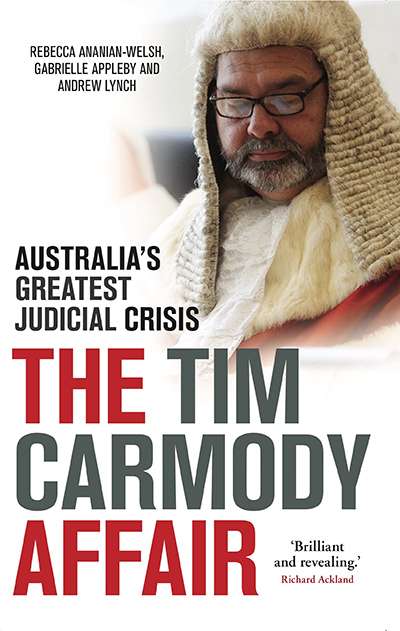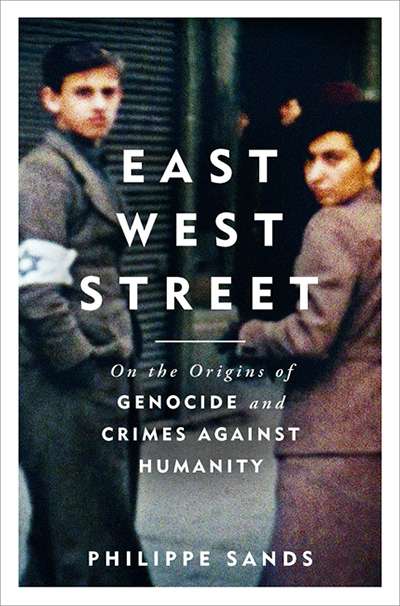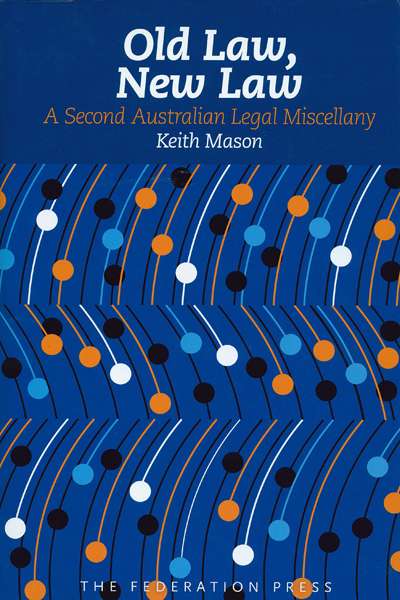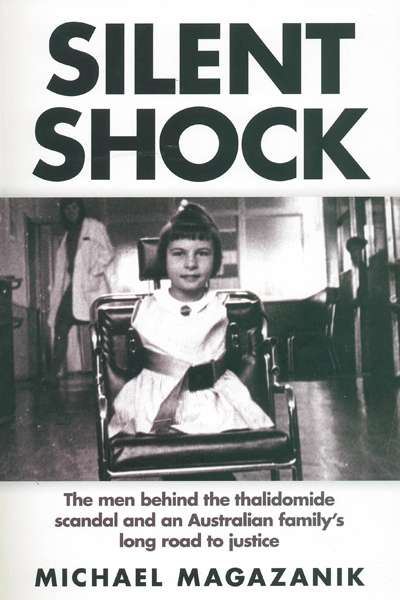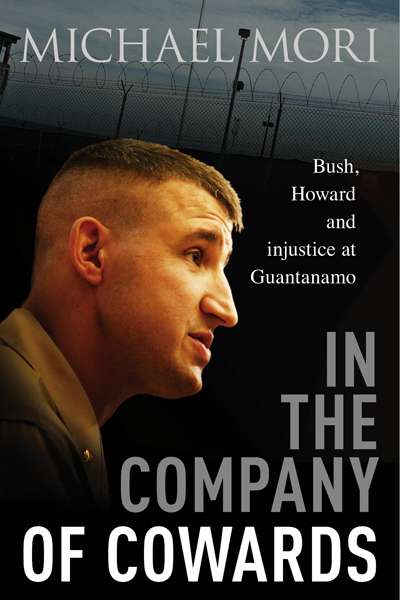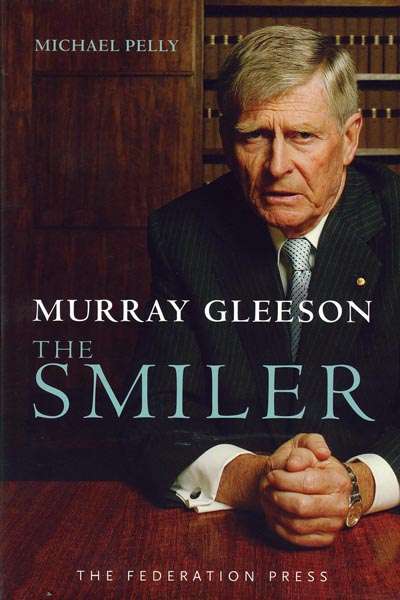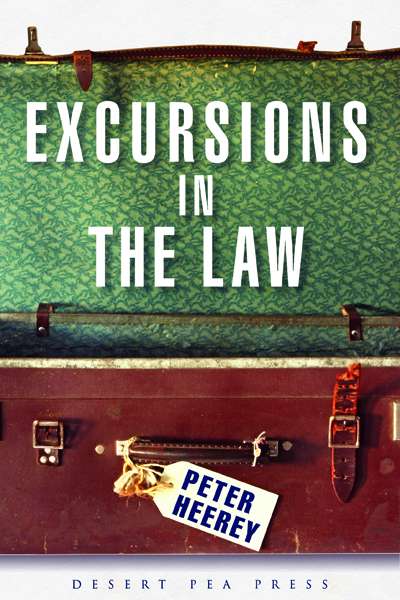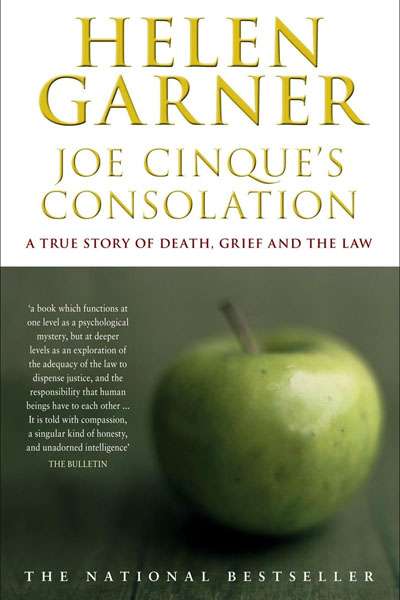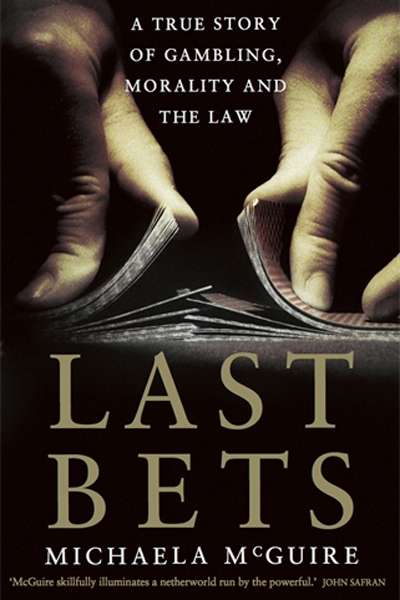Law
The Tim Carmody Affair: Australia’s greatest judical crisis by Rebecca Ananian-Welsh, Gabrielle Appleby, and Andrew Lynch
With a few notable exceptions (Michael Kirby springs to mind), judges in Australia do not have a high public profile. Many non-lawyers would struggle to name a judge currently ...
... (read more)East West Street: On the Origins of Genocide and Crimes against Humanity by Philippe Sands
Philippe Sands, a barrister and Professor of International Law at University College London, brings together in this multi-faceted book the perpetrators of the worst crime yet devised by man ...
... (read more)Old Law, New Law: A Second Australian Legal Miscellany by Keith Mason
The practice of the law is about stories. The stories the parties tell to the judge, the story the judge tells back or, if you like, the judge’s review of the parties’ stories. Along the way there can be much that is frankly boring to onlookers, or indeed the parties themselves, but also drama, pathos, and humour, both intentional and the opposite. And past case ...
Silent Shock is an ambitious, important book. It is a work of history, a work of journalism, and a forensic exposé of hideous corporate negligence, all woven around the lives of one modest Melbourne family.
Former journalist turned lawyer Michael Magazanik was one of the dozens of lawyers, barristers, and researchers who worked on a recent class acti ...
Intellectual Privacy: Rethinking Civil Liberties in the Digital Age by Neil Richards
Privacy is dead, or so it is regularly pronounced. There are many suspects: big government; big business; the media; social media; technology; us, for giving of ourselves too readily and allowing our privacy to shrivel and die. Even if privacy is not yet dead, it is said to be under threat on multiple fronts.
The most recent threat is the
The unusual case of David Hicks is one of the most spectacular and politically supercharged miscarriages of justice in Australian history. Like the infamous Boer War case of Breaker Morant, Hicks was politically scapegoated and grossly denied a fair trial. Unlike Morant – a war criminal who murdered prisoners of war – even Hicks’s accuser, the United States, n ... In the Company of Cowards: Bush, Howard and injustice at Guantanamo by Michael Mori
Although a few can pull it off, most judges have the good sense not to attempt an autobiography. Judges’ personalities are not usually of such outstanding interest, and their lives generally do not so engage with the world, as to generate the stuff from which autobiographies worth publishing are made. The reserve which the judicial experience inculcates, and the general inability to expose judicial life in prose that does not condemn the reader to death by suffocation, are additional inhibitors. Even those tragics who think that the judiciary occupies a place of mystical significance use the autobiographies of their colleagues as a cure for insomnia.
... (read more)What’s on a judge’s mind? Litigants and advocates would love to know. Former judge Peter Heerey answers that question in his latest book, a compendium of writing over many years, covering a vast array of topics and in myriad forms.
... (read more)Already, Anu Singh’s story is grimly familiar. Now free again, just thirty-one, she has entered the popular pantheon of malefactors. Her attractive face appears in the newspapers, taut with self-justification. There is talk of a documentary. Notoriety, even a kind of celebrity – that amoral nirvana – is hers.
If Singh’s deepest motivation f ...
Last Bets: A true story of gambling, morality and the law by Michaela McGuire
Last Bets examines the case of Anthony Dunning, a forty-year-old man who died four days after being pinned to the floor face-down by bouncers at Melbourne’s Crown casino in July 2011. The incident was reported to police not by Crown but by Dunning’s friends two days later, while the man lay in intensive care. A spokesperson for the police said that Crown was not required by law to have reported the incident, though ‘they probably had a moral obligation’ to do so.
... (read more)

